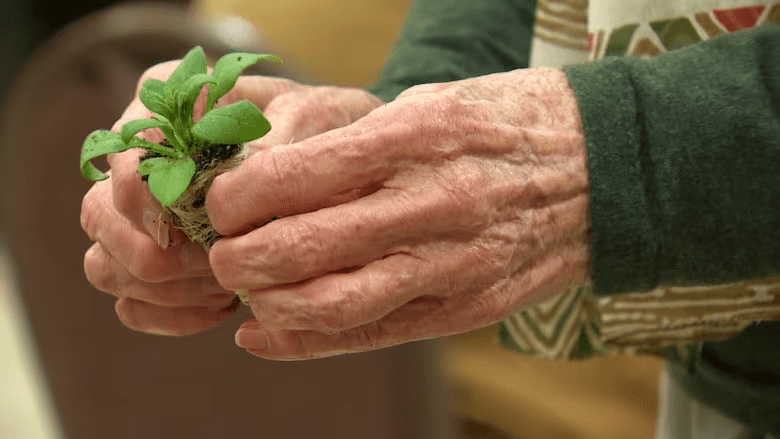
Montreal police witnessed an increase in missing reports of elderly people between January to early September this year compared to 339 cases in the last year. (Credit - Ed Hunter/CBC)
The increasing number of missing older individuals in Canada is causing concern among advocates, who predict a worsening situation as the population ages and more people are diagnosed with dementia or cognitive impairments.
Although there were fewer reports of missing older adults during the COVID-19 pandemic, police forces in Quebec, Saskatchewan, and Manitoba have observed a rise in missing people over the age of 60 this year.
CanAge, a seniors advocacy organization, emphasizes that the police statistics represent just a fraction of the problem. According to Laura Tamblyn Watts, the CEO of CanAge, the reports by police are merely the "tip of the iceberg," with the actual number of missing seniors being more significant, as many are located by family and caregivers before involving the authorities.
To assess the situation, The Canadian Press requested data from police forces across the country regarding missing individuals aged 60 and over. While not all police forces responded, the available data indicates a potential increase in missing older persons.
Montreal police, for example, reported 442 missing persons calls for individuals aged 60 and over between January and September this year, compared to 339 during the same period in 2022. The RCMP in Manitoba noted 105 missing persons reports for this age group as of December 1, surpassing the total for all of 2022, which was 61.
Saskatoon police, the only force providing a breakdown by medical status, reported a rise in missing people aged 65 and over with medical disabilities and cognitive impairments, from 18 in 2022 to 26 in 2023.
CanAge's Tamblyn Watts underscores that approximately 60 percent of individuals with cognitive impairments tend to wander, putting them at a higher risk of going missing. She emphasizes the urgency of the situation, stating that if an older person is missing for over 24 hours, there is a 50/50 chance they could be in significant danger.
Antonio Miguel-Cruz, an associate professor at the University of Alberta, highlights the lack of accurate data on the number of Canadians with dementia who go missing each year. Preliminary data suggests that between 50,000 to 60,000 people with dementia, out of almost 1.6 million Canadians in a database, have been reported missing.
The RCMP's national data shows a decrease in missing persons reports from 5,706 in 2019 to 4,519 in 2020 due to the COVID-19 lockdown. However, the numbers started rising again in 2021, reaching 4,667. As of December 8 this year, there were 4,507 reports.
Valerie Shaver, an RCMP intelligence analyst, found that dementia, mental health, Alzheimer's, and confusion were the top reasons for the disappearances in a random sample of 64 RCMP files of missing people aged 60 and over.
Various cities and police forces have implemented different strategies to locate missing individuals quickly, including vulnerable persons registries and silver alert systems. However, there are concerns about alert fatigue, leading some to opt for medical alert bracelets or GPS trackers.
The Alzheimer Society of Canada predicts a significant rise in dementia cases, reaching nearly one million people by 2030 and 1.7 million by 2050. CanAge's Tamblyn Watts urges the need for better healthcare, support systems, dementia-friendly communities, and a national seniors strategy to address the challenges posed by the aging population.















